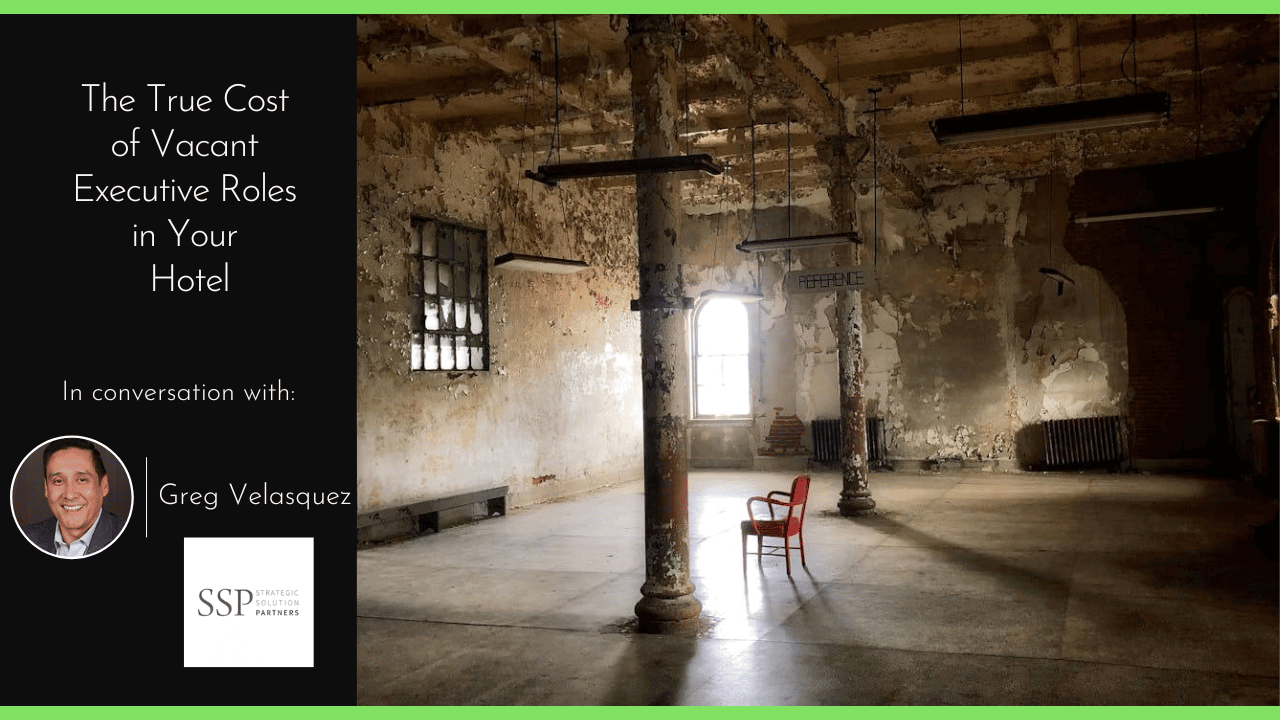
No one likes to get a bad review online. The sinking feeling when you see a one or two out of five rating and the harsh criticisms of unhappy guests erode at the heart of a good hotelier, and at the reputation of your business.
As a result, many hoteliers have come up with ways to prevent negative reviews from reaching the public, some of which are distinctly unsavoury. Some hotels have attempted to stifle poor reviews simply by preventing guests who had negative experiences from receiving the establishment’s usual review request email, and others have gone so far as to attempt to sue or fine guests for bad reviews.
As dreadful as it is to see your life’s work slated online, however, you should never attempt to block, censor or circumvent negative reviews by duplicitous means or force. Between brand damage, operational oversight and possible legal consequences, the harm that can be done simply isn’t worth it.
Here are just a few of the reasons why you should accept criticism gracefully, and some steps for managing your online reputation the right way.
Why you shouldn’t try to block negative reviews
It doesn’t work
First and foremost, trying to silence people in the information age doesn’t work. There are simply too many ways for people to share their opinions and experiences – there are hundreds of review sites, online travel agents (OTAs) and social media platforms where people can write whatever they like, there are news outlets always looking for a story, and there is still good old fashioned over the garden wall word of mouth.
By raising expectations you could set yourself up to fail
Even if keeping accounts of negative experiences off review sites successfully influences people to choose you over your competitors to begin with, you can still be setting yourself up for failure by presenting a more positive image of your hotel than you can deliver, which will result in even more disappointed guests, and more people who want to write negative things about you online.
For many of your guests, travel is a big investment of both time and money. By manipulating your reviews, you mislead your potential guests, denying them the opportunity to get a complete picture of what a visit to your hotel might be like, and preventing them from making an informed decision – not a good start to a relationship.




